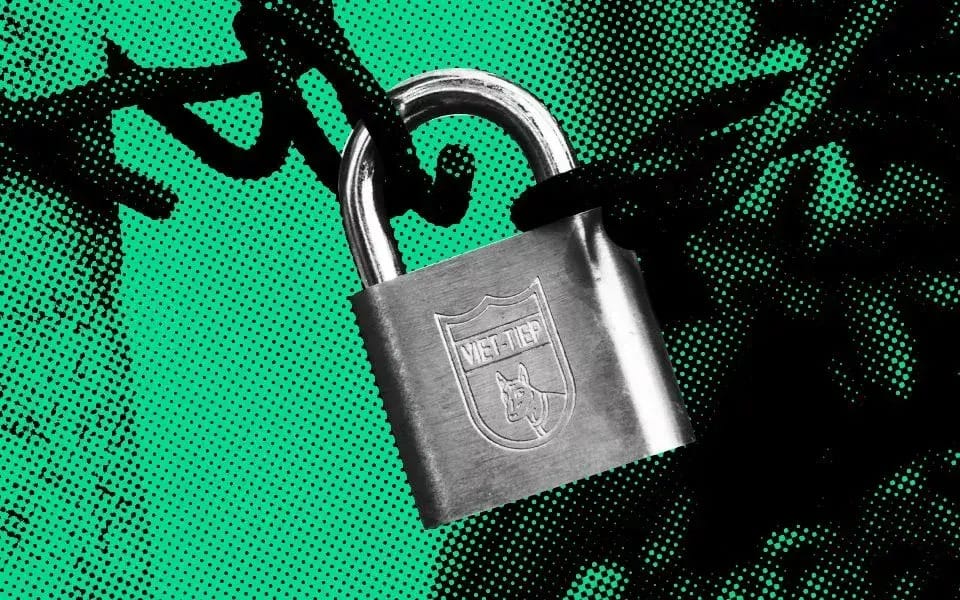
One of the key aspects of Event Contracts on Kalshi, and options trading broadly, that many traders overlook is the ability to sell a contract early. While holding contracts to maturity can potentially yield higher profits, there are several benefits of selling early to consider:
1. Locking in Profit
By selling a contract that has appreciated in value, you can lock in that gain in value, rather than waiting for the market expiration where the outcome is still unknown.
For instance, let’s say you purchase a Yes contract for 15c (implying the market estimates the likelihood of the event occurring to be 15%). You’ve assessed the probability of the event happening to be 25%, so you feel you’ve purchased this contract at a good price.
If the market suddenly moves to 40c, you now have two options with respect to the contracts you already own:
Wait for the market to expire to potentially earn 85c per contract.
Sell now to lock in a 25c profit per contract.
If your assessment of the event occurring is still less than 40%, you may want to consider selling early to lock in the profit, rather than risk the outcome not resolving to Yes.
On Kalshi, you can proactively set a point at which you want to sell by Utilizing Limit Orders to sell once a contract reaches a certain price. You can also use notifications to be alerted when contracts reach a certain price rather than have a trade execute automatically.
2. Limiting the Downside
Warren Buffett has famously said, “You don't have to make it back the way you lost it.” Holding on to an investment that’s down in the hopes it will rebound is a common pitfall - while it can be the right strategy at times, there are cases where it may make sense to sell at a loss.
For example, let’s say it’s early March 2023 and you purchase a Yes contract on “Will the Fed Raise rates by 50bps” at 40c, meaning you think there’s a greater than 40% chance the Fed will raise rates 50bps.
Then on Friday, March 10th, SVB fails and people are now worried about a banking crisis and subsequently feel it would be very risky for the Federal Reserve to raise interest rates too high. Accordingly, the price for the Yes contract you purchased drops to 20c.
If you feel the chance that the Fed raises interest rates to 50bps is now below 20%, you should consider selling, as your assessed likelihood of the event occurring is lower than what the market is saying.
There may be other situations where your contracts have decreased in value, but the decision on whether to sell or not (or sell a portion of your contracts) is more nuanced - for example if you assume the probability of the Fed raising rates 50bps to be 30%. While the best action really depends on the situation, there are a few models that can be illustrative, such as the Kelly criterion.
3. Reducing Opportunity Cost
There may be a case when a really good trading opportunity arises. If you feel that trade has better upside characteristics than your current position (the disparity between your assessed probability of the event occurring and the markets implied probability of an event occurring), and you don’t have additional money to trade with, it may be worth selling your existing contracts to get exposure to the other opportunity.
Disclaimers:
It is important to understand that every individual's financial situation is unique, and there are many factors that should be taken into consideration before making any financial decisions. These factors may include your income, expenses, debt level, risk tolerance, investment and trading goals, and time horizon.
Please note that the information provided in this article is for general informational purposes only and is not intended as financial advice. This information may not be suitable for your particular financial situation, and you should always consult with a qualified financial advisor before making any financial decisions. We are not responsible for any errors or omissions in the information or for any actions taken based on the information provided in this article.
Ultimately, it is up to you to assess your own financial situation, needs, and goals, and to seek professional advice as needed before making any financial decisions.